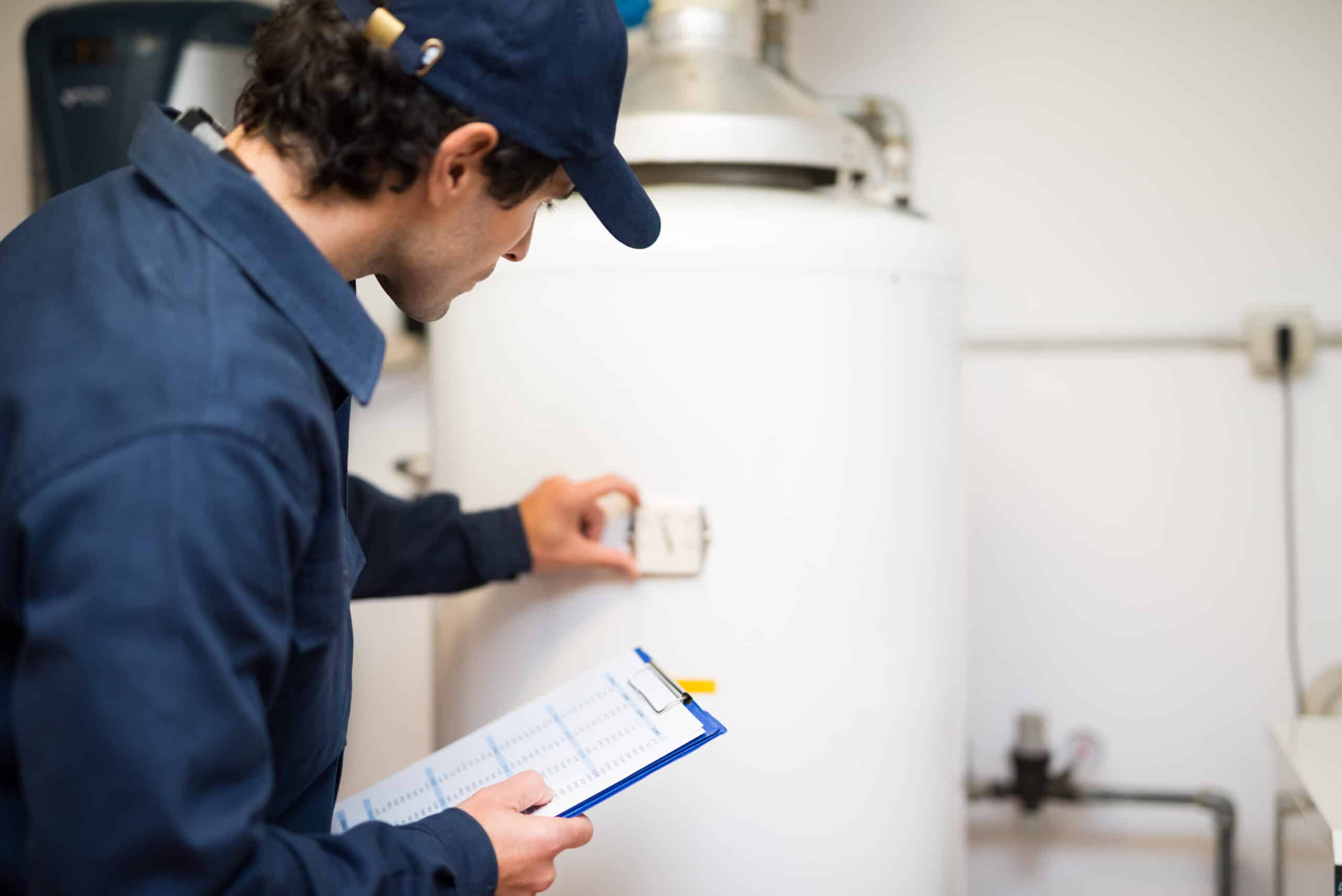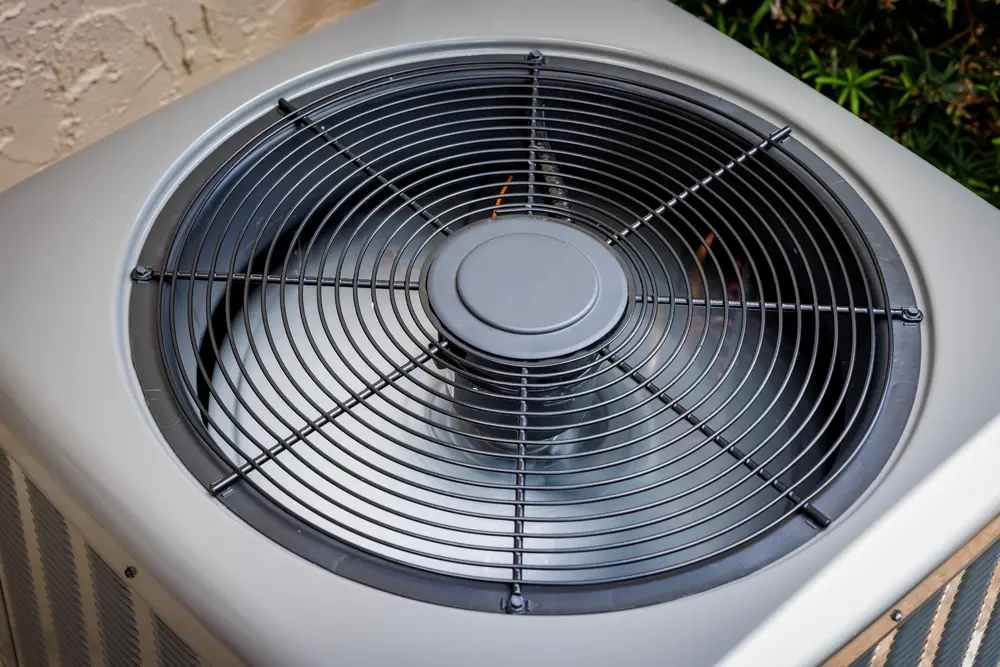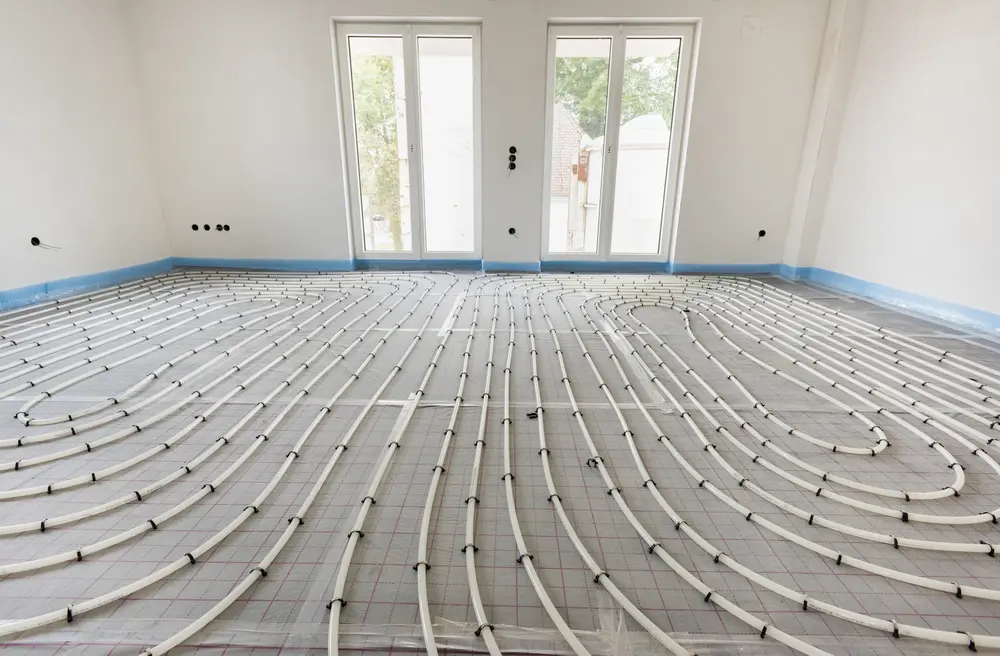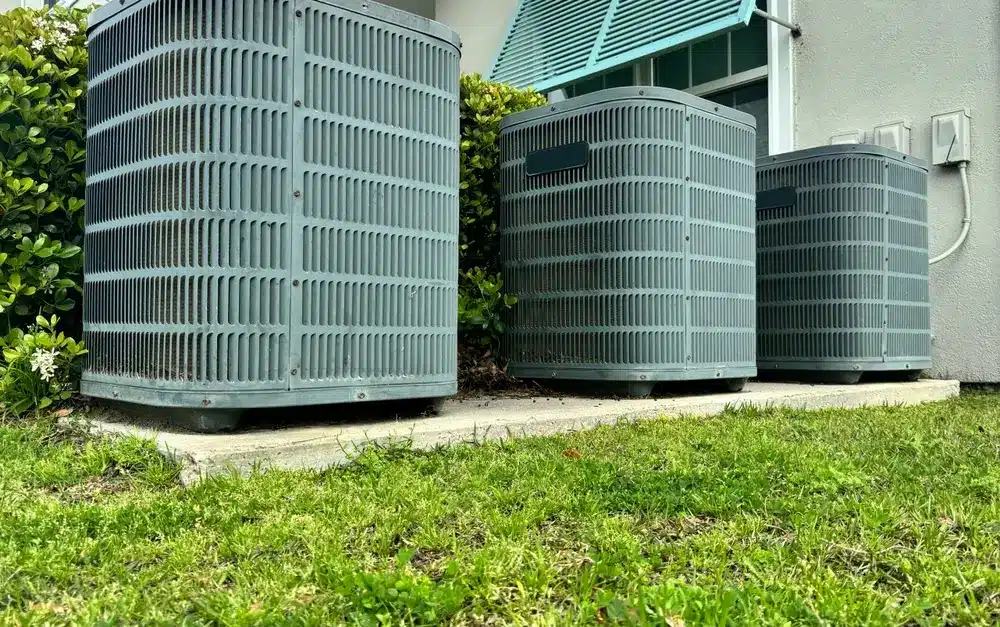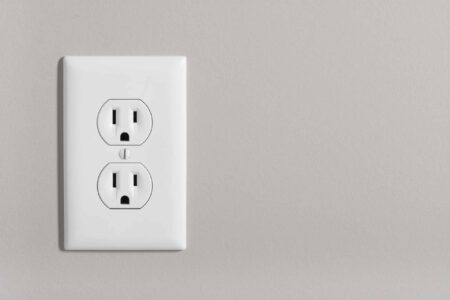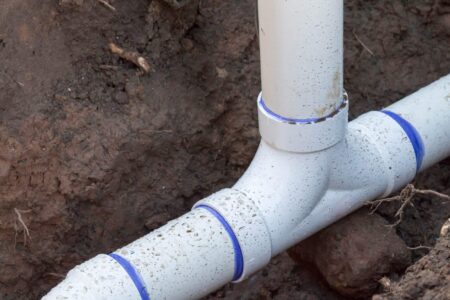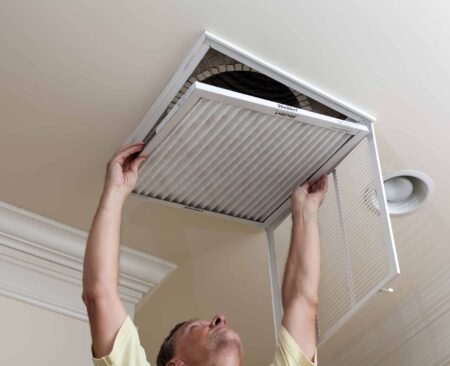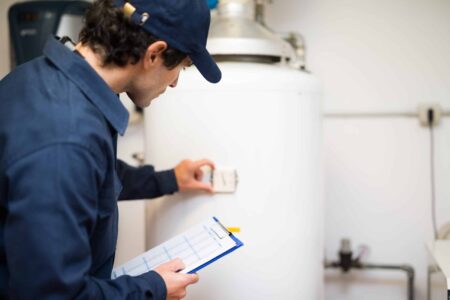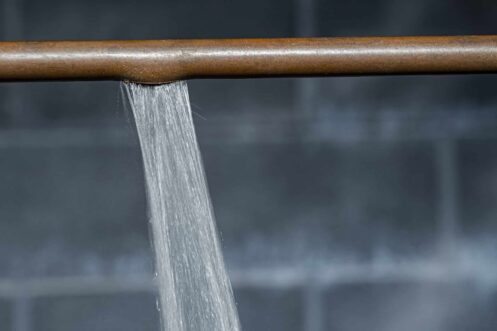Your residential water heater can provide reliable hot water for up to two decades. However, once it reaches the end of its lifespan, you’ll want to upgrade to a safer and more effective system. New water heaters boast exceptional energy efficiencies, more consistent hot water delivery, and renewed warranties. As you start the replacement process, be sure to keep this vital water heater information in mind.
1. Ideal Type of Water Heater
When it’s time to install a new water heater, consider the perks of choosing a different type of system. Most residences opt for the standard tank system, which is typically less expensive. Its other benefits include being able to heat large amounts of water and usually only needing simple repairs.
Tankless heaters, on the other hand, may cost more to install but will save you money over the years. They don’t take up a lot of space and can heat your water quickly. As long as they’re properly installed and maintained, you’ll never have to worry about running out of hot water. You can also opt for a heat pump water heater or one that uses solar panels. To choose the ideal system for your home, consult with your experienced technician.
Potential for Renewable Energy
Solar-powered water heaters are an excellent investment if you’re interested in lowering your energy costs. Rather than drawing their energy from natural gas or electricity, they’ll be powered by solar panels on your roof. These systems come with a storage tank as well as a sunlight collector that uses the sun’s thermal energy. While these water heaters are initially expensive to install, they require little maintenance over the years. They’re also eco-friendly and can boost your property’s value.
2. Suitable Tank Size
Don’t forget to think about the ideal tank size for your household. If your household has one to two people, you’ll only need a tank that can hold around 30 to 40 gallons. Larger families will benefit from bigger tanks that are upwards of 50 or 60 gallons. You can measure a tankless system’s capabilities by its flow rate, or how many gallons it can produce per minute.
It’s important to consider the number of water-using appliances in your home and your average daily water usage patterns. If you tend to run several heavy-duty systems at once, such as dishwashers or washers, you’ll likely need a bigger water heater to accommodate your consumption.
3. Energy Efficiency Rating
Your new water heater’s energy efficiency can benefit both your carbon footprint and your bills. Choosing a system with a better rating will guarantee lower monthly costs in the future. You may also be eligible for certain state or federal rebates and tax benefits. Ask your technician about systems with an Energy Star certification, which indicates that the system exceeds the industry’s energy-saving standards.
4. Future Maintenance Requirements and Lifespan
Different types of water heaters come with various lifespans and maintenance requirements. Tank systems, for example, tend to last around 10 to 15 years. Tankless varieties, on the other hand, may deliver hot water for up to 20 years. Knowing more about your system’s lifespan can help you budget for a replacement in the future.
Professional maintenance is key to lengthening the lifespan of your water heater. No matter the system, all water heaters require some care during their lives to keep them efficient. However, some systems like tank heaters require frequent flushes and descaling to limit mineral accumulation. Keep your water heater’s care needs in mind to ensure that you can make the most of your new system.
5. Permits and Building Codes
Ensure the water heater you want meets local building and safety codes. When you work with professional HVAC technicians, you can count on them to pull the correct city permits. Certified experts also have the training to properly complete the installation, limiting potential safety or efficiency risks. Water heater installation is considered a major home project and should always be left to skilled technicians.
6. Overall Installation Cost
Before you replace your water heater, you’ll want to choose the best local HVAC company for the job. Many contractors will offer a free quote or estimate for the project. This should include the total price of removing the old system, installing the new model, and any other labor costs. If you’re upgrading to a new system or switching fuel types, there may be additional fees. Always receive a quote before starting the job to avoid taking on hidden charges.
7. Warranties and Guarantees
Your water heater’s warranty offers protection against unexpected repair issues. Depending on the brand and model, this warranty may cover manufacturing defects for between five and 10 years. Without this helpful warranty, you’ll have to pay for all parts and labor. HVAC contractors also tend to offer their own quality or workmanship guarantees. These ensure you’re completely satisfied with your service, and your expert comfort team will cover any accidents or issues that occur during or after installation.
Ways to Extend Your New Water Heater’s Lifespan
Maximize your system’s lifespan by flushing the tank at least once a year. As the months pass, sediment and minerals will build up along the bottom of the tank. This sludge can block pipes and cause the system to function noisily or overheat. Leaving this sediment can result in repairs or a shortened lifespan. Fortunately, you can rely on a professional to flush your tank during your annual maintenance appointment.
Standard tank water heaters also have a pressure relief valve that opens to stop the system from getting too hot. When this valve malfunctions, the tank may break down or rupture, causing a potential safety concern. It’s best to leave caring for this component to a trained expert. If you notice leaking water around the tank or see early signs of rust, schedule service with a professional soon.
You should also watch out for changes in your water quality or pressure. There’s a chance new water odors, discoloration, or cloudiness could come from an issue with your water heater. Excessive sediment in the tank or pipes can also cause water pressure fluctuations. Spotting these warning signs early and getting prompt service will limit how far the issue spreads, protecting the system from extensive repairs and early replacement.
Wichita Plumbing, HVAC, and Electrical Services
Look no further than Eck Services for premier residential and commercial indoor comfort services in Wichita, KS. For more than 15 years, we’ve delivered trustworthy heating, air, and
plumbing services to our community. Our exceptional electrician services have also earned us the Pratt, Wichita, and Kingman Tribune’s Best Electrician Award in 2019.
Rely on our dependable team to service your AC, ductless system, or furnace. We can repair or replace your water heater, service your pipes, or clean your septic tank. Our electrical work includes house wiring, generators, panel upgrades, EV charging stations, and more. Call Eck Services in Wichita today to schedule your
hot water heater service appointment.


